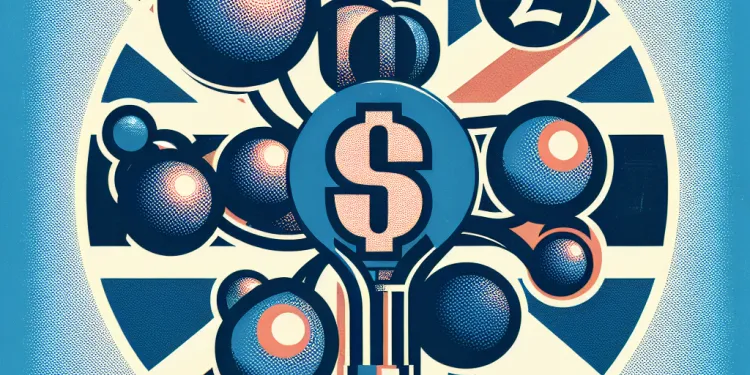
Find Help
More Items From Ergsy search
-
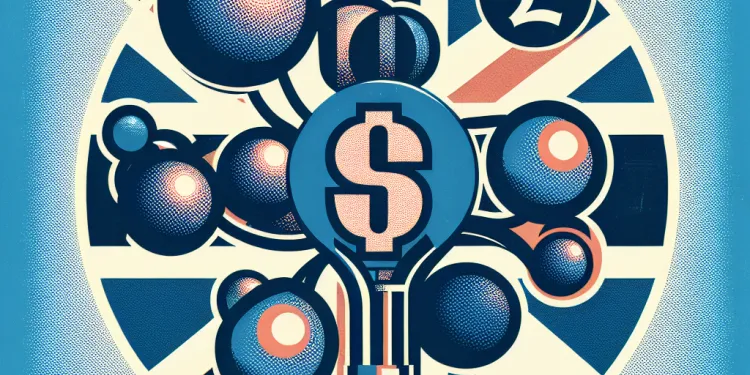
What types of treatments are available for testicular cancer?
Relevance: 100%
-

Can testicular cancer recur after treatment?
Relevance: 98%
-
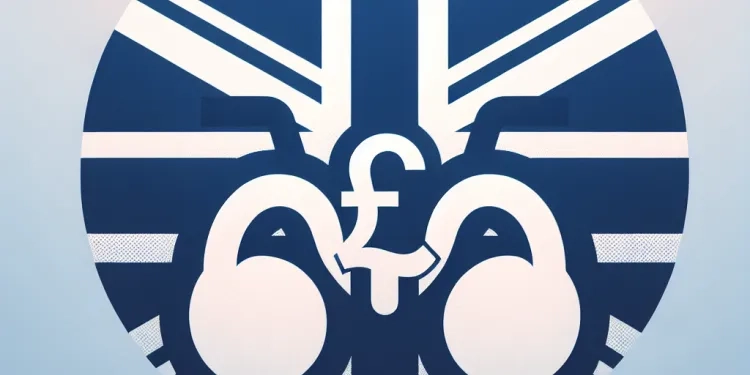
What is testicular cancer?
Relevance: 95%
-
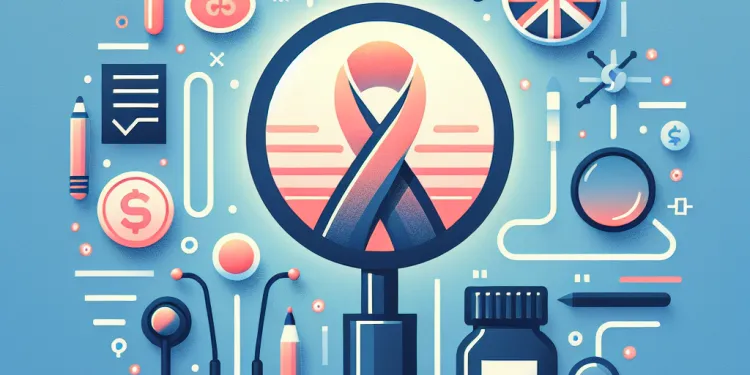
Is testicular cancer treatable?
Relevance: 94%
-

What is testicular cancer?
Relevance: 94%
-

What is testicular cancer?
Relevance: 94%
-

How common is testicular cancer?
Relevance: 90%
-
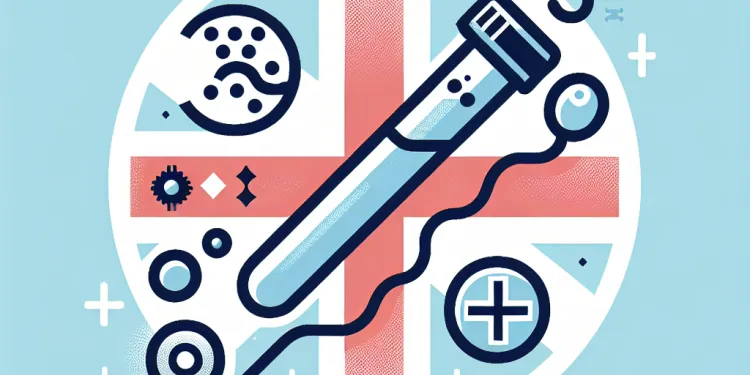
Is fertility affected by testicular cancer?
Relevance: 89%
-

What is the survival rate for testicular cancer?
Relevance: 88%
-

What are the stages of testicular cancer?
Relevance: 88%
-
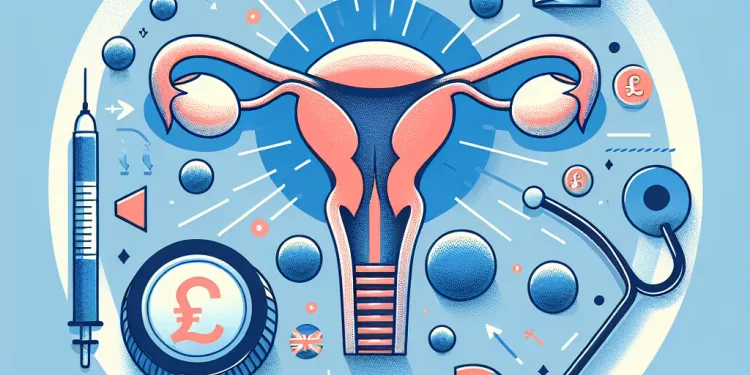
What are the symptoms of testicular cancer?
Relevance: 88%
-
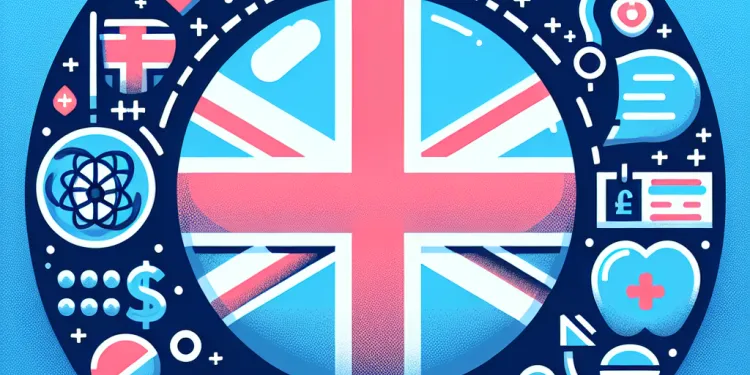
Who is at risk for testicular cancer?
Relevance: 87%
-
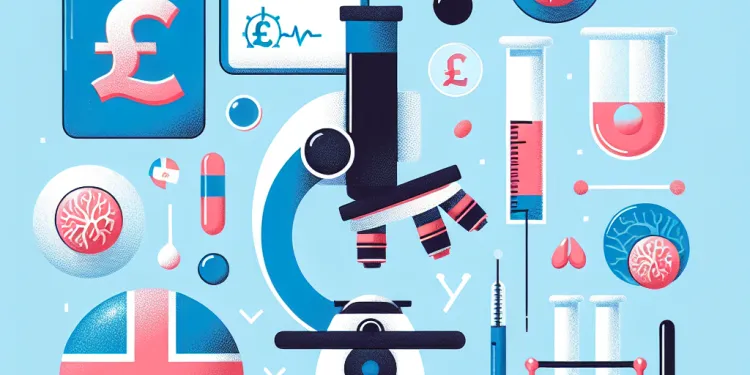
What causes testicular cancer?
Relevance: 87%
-
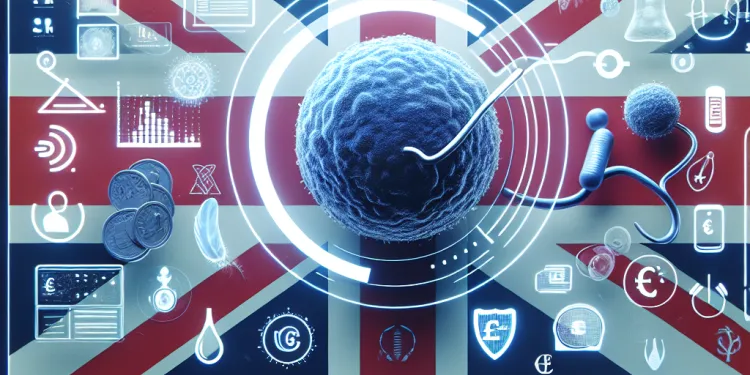
How is testicular cancer diagnosed?
Relevance: 87%
-

Can testicular cancer spread to other parts of the body?
Relevance: 84%
-

Are there support groups for those affected by testicular cancer?
Relevance: 83%
-
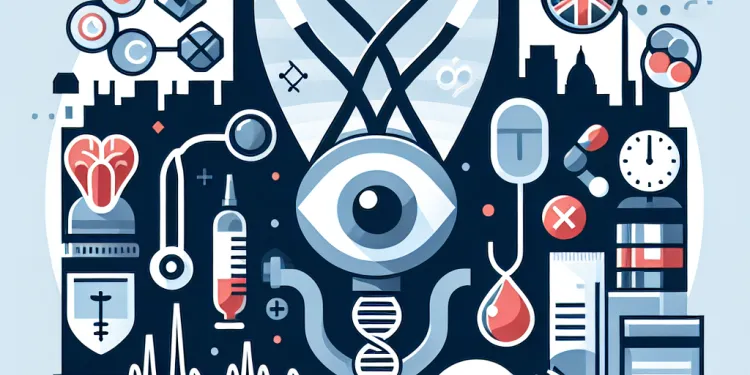
What role do tumor markers play in testicular cancer?
Relevance: 81%
-

Can lifestyle changes help prevent testicular cancer?
Relevance: 78%
-
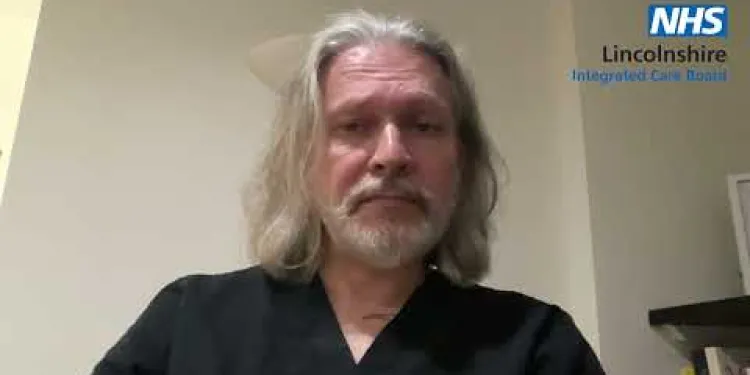
Getting to know your Testicles: Testicular Cancer Awareness with Dr James Howarth, Spilsby Surgery
Relevance: 76%
-

How can I perform a testicular self-exam?
Relevance: 61%
-

When should I see a doctor about potential testicular cancer?
Relevance: 54%
-
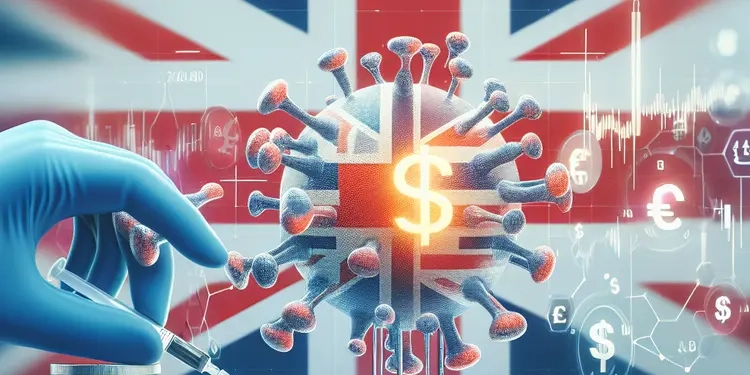
What is Paillon treatment for cancer?
Relevance: 52%
-
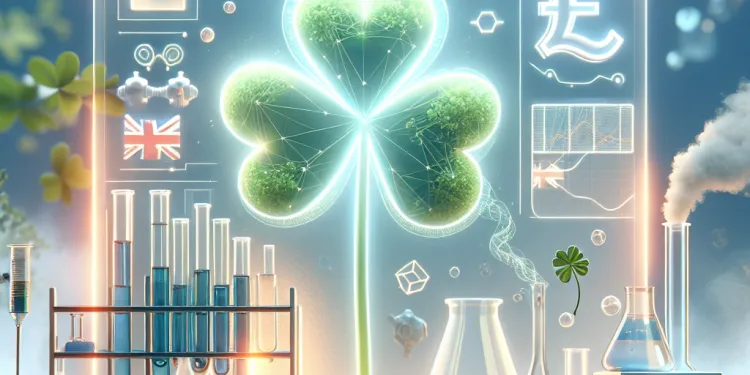
Breakthrough in Cancer Treatment Offers Hope for Prostate Cancer Patients
Relevance: 50%
-
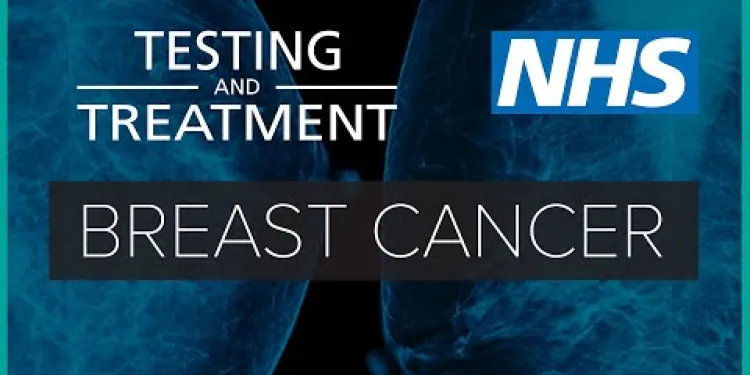
Breast cancer: testing and treatment | NHS
Relevance: 49%
-
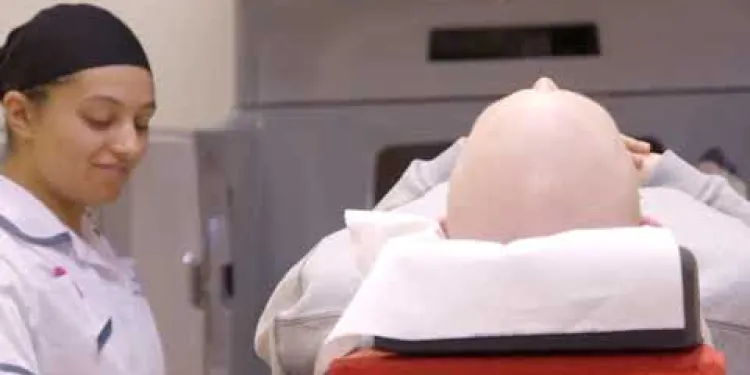
What is Radiotherapy, and its use in treatment for cancers?
Relevance: 49%
-
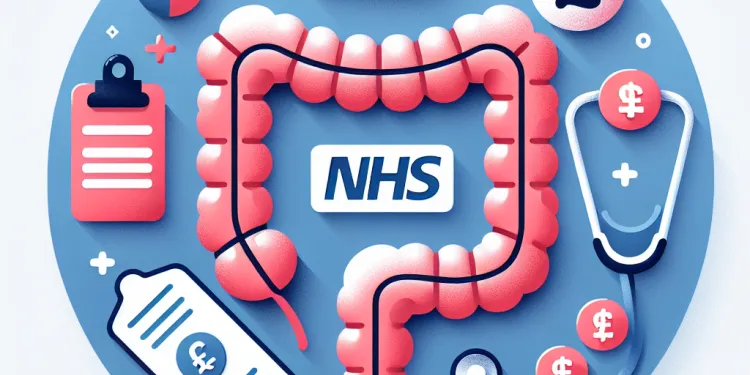
What treatment options are available for bowel cancer?
Relevance: 49%
-

What is the role of immunotherapy in prostate cancer treatment?
Relevance: 49%
-

Can children with cancer receive Paillon treatment?
Relevance: 48%
-

Can prostate cancer recur after treatment?
Relevance: 48%
-
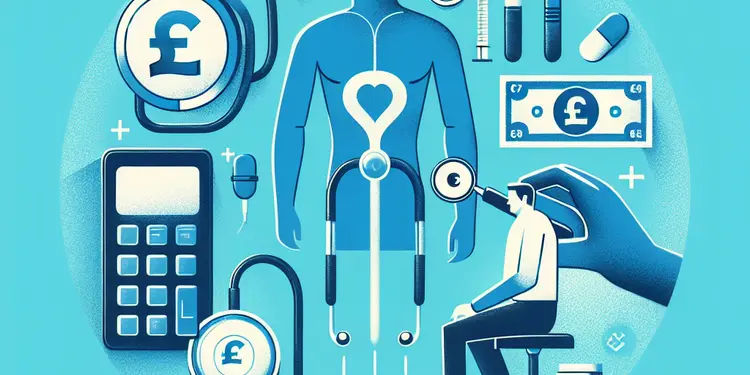
Are there clinical trials available for prostate cancer treatment?
Relevance: 48%
-
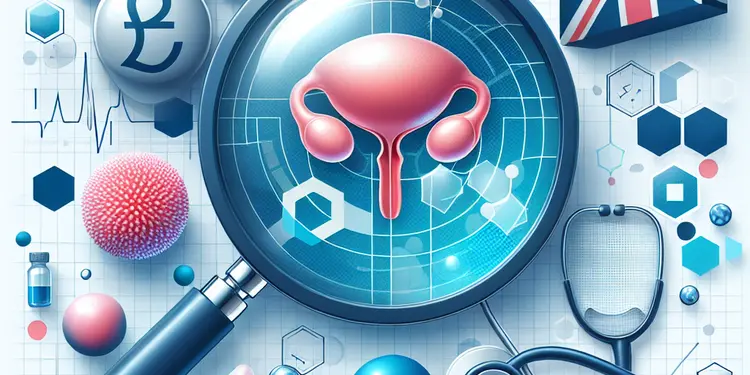
What is active surveillance in prostate cancer treatment?
Relevance: 47%
-

What factors determine the treatment plan for prostate cancer?
Relevance: 47%
-

How does Abiraterone work in cancer treatment?
Relevance: 47%
-
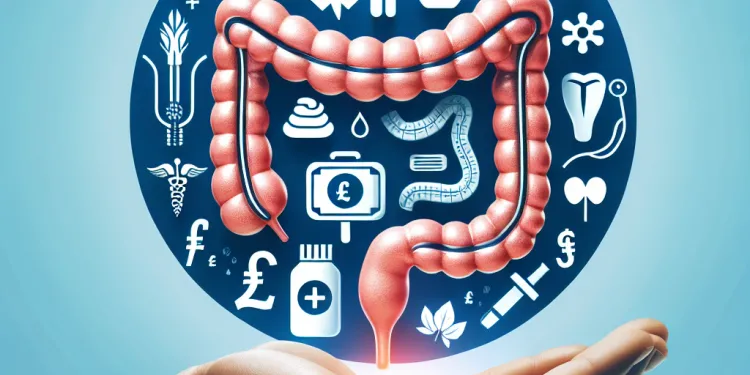
What are the side effects of bowel cancer treatment?
Relevance: 47%
-

Can lifestyle changes complement prostate cancer treatment?
Relevance: 47%
-
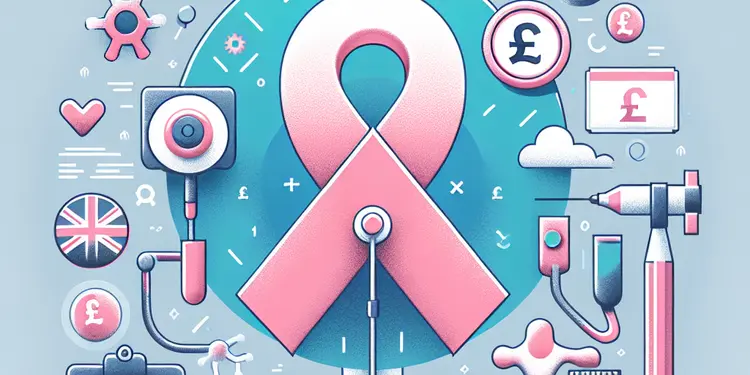
Does Paillon treatment treat all types of cancer?
Relevance: 47%
-
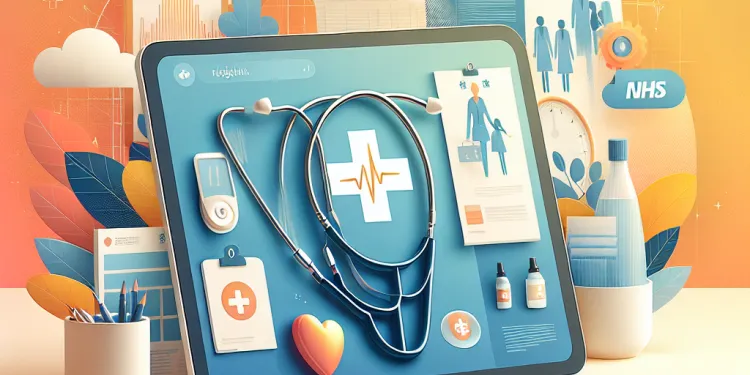
Breakthrough Cancer Treatment Shows Promise for NHS Patients
Relevance: 46%
-

What is the purpose of a bone scan in prostate cancer treatment?
Relevance: 46%
-

What is the future of AI and robotics in lung cancer detection and treatment?
Relevance: 45%
-

Where can I find online resources for prostate cancer treatments on the NHS?
Relevance: 44%
Introduction to Testicular Cancer Treatments
Testicular cancer is a disease where malignant cells form in the tissues of one or both testicles. It primarily affects younger men, typically between the ages of 15 and 49. However, it is highly treatable, especially when caught early. Treatment choice depends on the stage and type of cancer, as well as the overall health and preferences of the patient. In the UK, various treatment options are available, offering hope and recovery for those affected.
Surgical Treatments
The primary treatment for testicular cancer is surgery, which often involves the removal of the affected testicle in a procedure known as an orchidectomy. This is usually the first line of treatment and can be sufficient for early-stage testicular cancer. For later-stage cancers, surgery may also involve removing lymph nodes in the abdomen, a procedure known as retroperitoneal lymph node dissection (RPLND).
Radiation Therapy
Radiation therapy uses high-energy rays to target and kill cancer cells. It is particularly effective for seminomas, a type of testicular cancer that is sensitive to radiation. Typically, radiation therapy is applied to the abdominal area to obliterate any residual cancer cells post-surgery. The approach and dosage depend on the stage of the cancer and individual patient circumstances.
Chemotherapy
Chemotherapy is the use of drugs to destroy cancer cells. This treatment is often recommended for non-seminoma testicular cancers or when cancer has spread beyond the testicles. Chemotherapy can be administered as a primary treatment, an adjuvant treatment (after surgery to reduce the risk of cancer returning), or for treating recurrent cancers. Common drugs used include cisplatin, etoposide, and bleomycin.
Surveillance
In certain cases, especially with early-stage testicular cancer, active surveillance may be advised. This approach involves closely monitoring the patient without providing immediate treatment, opting instead for regular follow-ups including physical exams, blood tests, and imaging scans to track the cancer's status. It is a viable option for men with low-risk cancer who prefer to avoid immediate surgery or chemotherapy.
Clinical Trials and Research
Ongoing research and clinical trials offer testicular cancer patients in the UK access to new and experimental treatments. These trials help determine the effectiveness and safety of novel therapies, including targeted therapies that focus on specific cancer cells with minimal damage to normal cells. Participation in clinical trials can provide additional options for patients, although such decision-making should always involve discussions with healthcare providers.
Conclusion
Testicular cancer treatment in the UK is characterized by various effective strategies, ranging from surgery to chemotherapy and radiation, with choices tailored to individual patient needs. The combination of early detection, advanced medical techniques, and comprehensive care remains essential in ensuring successful outcomes for testicular cancer patients. Regular consultations with oncologists and healthcare teams are crucial to navigating these treatments and achieving the best possible prognosis.
Introduction to Testicular Cancer Treatments
Testicular cancer happens when bad cells grow in one or both testicles. It mostly affects young men, aged 15 to 49. The good news is, it can be treated well, especially if found early. The choice of treatment depends on the type and stage of cancer and what the patient prefers. In the UK, there are many ways to treat it, giving hope to those who have it.
Surgical Treatments
The main way to treat testicular cancer is with surgery. This often means taking out the testicle with cancer. This operation is called an orchidectomy. It is usually the first treatment and can work well if the cancer is caught early. If the cancer is more advanced, doctors might also remove lymph nodes in the belly. This operation is called RPLND.
Radiation Therapy
Radiation therapy uses strong rays to kill cancer cells. It works well for a type of testicular cancer called seminomas. Doctors use radiation on the belly area to get rid of any cancer cells left after surgery. The treatment plan depends on how much the cancer has spread and what each patient needs.
Chemotherapy
Chemotherapy uses medicine to kill cancer cells. This treatment is often used for non-seminoma testicular cancers or if cancer has spread. Chemotherapy can be given as the main treatment, after surgery to stop cancer from coming back, or if cancer returns. Common drugs used are cisplatin, etoposide, and bleomycin.
Surveillance
Sometimes, doctors choose to just watch the cancer closely, especially if it is in the early stages. This is called active surveillance. It means regular check-ups like physical exams, blood tests, and scans without starting treatment right away. It is a good option for men with low-risk cancer who want to wait before having surgery or chemotherapy.
Clinical Trials and Research
Research studies and clinical trials in the UK help test new treatments for testicular cancer. These trials find out how good and safe new therapies are. Some focus on special cancer cells and try not to harm normal cells. Talking to doctors can help patients decide if joining a trial is right for them.
Conclusion
Treatment for testicular cancer in the UK includes many options such as surgery, chemotherapy, and radiation. Choices are made based on what each patient needs. Finding cancer early and using new medical ways are key to helping patients get better. It is important to talk often with cancer doctors to make the right treatment choices.
Frequently Asked Questions
What is the primary treatment for testicular cancer?
The primary treatment for testicular cancer is usually surgery to remove the affected testicle, called a radical inguinal orchiectomy.
Can chemotherapy be used to treat testicular cancer?
Yes, chemotherapy is often used to treat testicular cancer, especially in cases where the cancer has spread beyond the testicle.
Is radiation therapy a treatment option for testicular cancer?
Radiation therapy is sometimes used to treat seminoma, a type of testicular cancer, particularly if the cancer has spread to the lymph nodes.
What is active surveillance in the context of testicular cancer treatment?
Active surveillance involves closely monitoring the patient without immediate treatment after the removal of the testicle, especially if the cancer is in its early stages.
When is surgery used in testicular cancer treatment aside from orchiectomy?
Surgery can also be used to remove lymph nodes (retroperitoneal lymph node dissection) if the cancer has spread.
Are there any targeted therapy drugs available for testicular cancer?
Currently, targeted therapy is not commonly used for testicular cancer, which is usually treated with surgery, chemotherapy, and radiation.
How does multidisciplinary care benefit testicular cancer patients?
Multidisciplinary care involves a team of specialists to provide comprehensive treatment, which can improve outcomes and tailor therapy plans for testicular cancer patients.
Can testicular cancer be treated with immunotherapy?
Immunotherapy is not a standard treatment for testicular cancer but ongoing research is being conducted to explore its potential.
What is the role of high-dose chemotherapy in testicular cancer treatment?
High-dose chemotherapy combined with stem cell transplant can be used in cases where standard chemotherapy is ineffective or if the cancer returns.
How effective is surgery in treating testicular cancer?
Surgery, specifically orchiectomy, is highly effective for removing localized testicular cancer and often the first step in treatment.
What are the common chemotherapy drugs used for testicular cancer?
Common chemotherapy drugs for testicular cancer include cisplatin, etoposide, and bleomycin.
Is fertility preservation a consideration in testicular cancer treatment?
Yes, fertility preservation options should be discussed as treatment for testicular cancer can affect fertility.
What is the recovery time for surgery in testicular cancer treatment?
Recovery from a radical inguinal orchiectomy typically takes a few weeks, but can vary depending on individual circumstances.
Do the side effects of chemotherapy differ for testicular cancer?
Yes, side effects of chemotherapy can vary but often include nausea, fatigue, and increased risk of infection.
Is hormone replacement therapy needed after testicular cancer surgery?
Hormone replacement therapy may be considered if both testicles are affected and removed, to maintain hormone balance.
Can testicular cancer recur after treatment?
While treatment is often successful, there is a risk of recurrence. Ongoing surveillance is important for early detection of any return.
What lifestyle changes are recommended during testicular cancer treatment?
Healthy lifestyle changes, including proper nutrition and exercise, may be recommended to support recovery and overall health during treatment.
Are clinical trials available for new testicular cancer treatments?
Yes, clinical trials may be available and can offer access to new treatment approaches for eligible patients with testicular cancer.
How does non-seminoma testicular cancer treatment differ?
Non-seminoma testicular cancer often requires more aggressive treatment, including more extensive surgery or chemotherapy.
What follow-up care is necessary after testicular cancer treatment?
Regular follow-up care, including physical exams and imaging tests, is necessary to monitor for any signs of recurrence and manage long-term health.
How do doctors treat testicular cancer?
Doctors have different ways to treat testicular cancer. The main way is surgery. It is when a doctor takes out the cancer. After surgery, there can be other treatments too. These help to make sure all the cancer is gone. Doctors choose the best treatment for each person.
Helpful Tip: If this is hard to read, you can use a tool called a "reading ruler" to help focus on one line at a time. Listening to the text read aloud can also help. Ask someone to read it with you if you like.
The main way to treat testicular cancer is with an operation. This operation takes out the testicle that has cancer. The operation is called a radical inguinal orchiectomy.
Can chemo help with testicular cancer?
Chemo is a type of medicine that fights cancer. It can be used to help people with testicular cancer.
If you or someone you know has testicular cancer, a doctor might talk about using chemo to help.
Pictures and videos can help explain how chemo works. You can also ask a doctor or nurse to tell you more about it.
Yes, chemo is a strong medicine used to treat testicle cancer. It is often used when the cancer has moved to other parts of the body.
It can help stop cancer from growing. Some people with cancer talk to doctors and counselors. They help you understand and feel better. Reading tools can help too! Try using big letters or listening to the words.
Can radiation therapy help treat testicular cancer?
Radiation therapy can be used to treat testicular cancer. It uses high-energy rays to kill cancer cells. Doctors might use it after surgery to get rid of any cancer that is left. It is not always used for testicular cancer, so it is important to talk to your doctor to see if it is right for you.
If you need help understanding more about radiation therapy and cancer, you can:
- Ask your doctor questions.
- Use pictures and diagrams to learn.
- Talk to someone who knows a lot about cancer.
Doctors use strong rays, called radiation, to help treat a sickness called seminoma. Seminoma is a type of cancer in a body part called the testicles. They use this treatment especially if the cancer moves to small parts of the body called lymph nodes.
What is active surveillance for testicular cancer?
Active surveillance is when doctors check on a person with testicular cancer, but they do not give treatment right away.
This means the doctor will watch you closely. You may have regular check-ups, blood tests, or scans.
Active surveillance is to see if the cancer grows or changes. If it does, the doctor may start treatment.
Tools like reminder apps or charts can help you keep track of your appointments and tests.
Active surveillance means keeping a close watch on the patient after the testicle is removed. This is done without giving treatment right away, especially if the cancer is small and has not spread.
When do doctors use surgery in testicular cancer treatment besides taking out the testicle?
Surgery is when doctors do an operation to help make someone better. For testicular cancer, doctors sometimes need to do an operation to treat the cancer.
Orchiectomy is a big word that means taking out the testicle. But sometimes, doctors need to do other kinds of surgery, too.
If you or someone you know needs help understanding this, you can ask a doctor, nurse, or a trusted adult to explain it more. Drawing pictures or using simple words can help make it clearer.
Doctors can do an operation to take out lymph nodes. This is called retroperitoneal lymph node dissection. They do it if the cancer has spread.
Are there special medicines for treating testicular cancer?
Doctors use strong medicines to treat testicular cancer. These medicines are special because they help to target and fight the cancer cells.
If you find it hard to read, you can ask someone to read it to you. You can also listen to recordings of information.
Right now, special medicine called targeted therapy is not often used for testicular cancer. We usually treat testicular cancer with surgery, strong medicine called chemotherapy, and special X-ray beams called radiation.
How does care from different health experts help men with testicular cancer?
Getting help from many health experts is good for men with testicular cancer. These experts work together to help the person feel better. Here are some ways they help:
- Doctors: They know about cancer and help choose the best treatment.
- Nurses: They give care and support every day.
- Counselors: They help with feelings and worries.
- Nutritionists: They teach about healthy eating to stay strong.
Using tools like picture charts or simple video guides can help understand what's happening.
Having a group of different doctors and health workers can help treat testicular cancer better. They all work together to make a complete plan to help the person get better.
Can Medicine Help the Body Fight Testicular Cancer?
Your body can get sick and have a thing called cancer. Boys and men have a part of their body called testicles. Sometimes, cancer can happen there. This is called testicular cancer.
Doctors have special medicines that help the body fight cancer. One type is called immunotherapy. It helps your body's defense team, called the immune system, to find and fight cancer.
If you or someone you know has testicular cancer, ask the doctor if immunotherapy can help. They will know what is best.
Here are some things that can help you understand better:
- Ask questions if you don't understand something.
- Write down notes or draw pictures to help you remember.
- Bring someone you trust to talk with the doctor together.
Doctors do not often use immunotherapy to treat testicular cancer. But, scientists are studying if it could work.
What does high-dose chemotherapy do for testicular cancer?
When regular medicine does not work, or if cancer comes back, doctors can use a special treatment. This treatment uses strong medicine and then adds healthy cells to the body to help it get better.
How well does surgery work for treating testicular cancer?
Surgery can help people who have testicular cancer. It is one way to treat the illness. Doctors take out the sick part of the testicle to help the person get better.
Here are some things that can help you understand better:
- Use simple charts or pictures to learn more.
- Ask someone you trust to explain things you don't understand.
- Look for books or videos made for kids about this topic.
Surgery is a way to treat cancer in the testicles. The surgery is called an orchiectomy. This surgery works very well to remove cancer that is only in the testicles. It is usually the first thing doctors do to help someone with this kind of cancer.
If you find it hard to understand this, you can ask someone you trust to help read it with you.
What medicines are used to treat testicular cancer?
Chemotherapy uses strong medicine to kill cancer. These are some of the common medicines for testicular cancer:
- Bleomycin: This medicine helps stop the cancer from growing.
- Etoposide: This medicine helps destroy cancer cells.
- Cisplatin: This is a strong medicine that fights cancer.
Tools to help understand more:
- Read Aloud Tools: These can read text out loud which can help you understand better.
- Picture Cards: These can show pictures to explain each medicine.
Some medicines help treat testicular cancer. These include cisplatin, etoposide, and bleomycin.
If reading is hard, try reading with a friend or using audiobooks to listen instead.
You can also draw the words or use colored pencils to help remember them.
Can you save your ability to have children when you have testicular cancer?
If you have testicular cancer, you might worry about having children later. You can talk to your doctor about ways to keep your ability to have kids. This is called fertility preservation.
You might save sperm before starting cancer treatment. Some people use a sperm bank for this.
Ask your doctor to help you understand what you can do. They can also tell you about other people who can help.
Testicular cancer treatment can make it hard to have children. It's good to talk about ways to have children later.
How long does it take to feel better after surgery for testicular cancer?
It can take a few weeks to get better after surgery.
Rest and take it easy.
Ask a doctor or nurse for help.
Family and friends can also support you.
Getting better after an operation where a testicle is removed usually takes a few weeks, but it can be different for each person.
Are the side effects of chemotherapy different for testicular cancer?
Chemotherapy can have different side effects. You might feel sick, very tired, and get sick more easily.
Do you need hormone treatment after surgery for testicular cancer?
If both testicles are taken out, doctors might suggest using special medicine to keep hormone levels normal.
Can testicular cancer come back after treatment?
Yes, testicular cancer can come back after treatment. This is called a "recurrence."
If you had treatment for testicular cancer, visit your doctor often for check-ups. They will check to make sure the cancer has not returned.
Use tools to help you understand:
- Ask someone to explain words you don't know.
- Watch videos or look at pictures about testicular cancer.
- Use simple language dictionaries for hard words.
Treatment can work well, but there is a chance it might come back. It's important to keep checking to catch it early if it does come back.
What can you do differently in your life when getting treatment for testicular cancer?
Here are some things that might help:
- Eat healthy food like fruits and vegetables.
- Stay active. Go for walks or do gentle exercises.
- Get plenty of rest and sleep.
- Talk to friends or family if you feel worried or sad.
- Listen to music or read books to relax.
- Ask your doctor for more tips that can help you feel better.
If reading is hard, you might find pictures or videos easier to understand. You can also ask someone to read the information to you.
Eating good food and doing exercise can help you feel better when you are getting treatment. It is important to eat well and move your body to stay healthy.
Can people join clinical trials for new testicular cancer treatments?
Yes, there might be special tests called clinical trials. These tests can help you try new treatments for testicular cancer if you are allowed to join.
What is different about treating non-seminoma testicular cancer?
Treating non-seminoma testicular cancer is not the same as other types. Doctors use special ways to help. Here are some things they might do:
- Surgery: Doctors might do an operation to take out the cancer.
- Chemotherapy: This is strong medicine that helps kill cancer cells.
- Regular Check-Ups: You might need to see the doctor often to make sure the cancer is gone.
If you find it hard to read, you can:
- Ask someone to read with you.
- Use a tool that reads text out loud.
- Use a dictionary to help with hard words.
Non-seminoma testicular cancer needs stronger treatment. This might mean having a bigger operation or taking special medicine called chemotherapy.
What care do you need after testicular cancer treatment?
After you finish treatment for testicular cancer, it is important to see your doctor regularly. This is to make sure you stay healthy and to check if the cancer comes back.
Your doctor will tell you when to come for check-ups. These visits might include:
- Talking to the doctor about how you are feeling.
- Doing some tests, like blood tests or scans.
It is important to ask questions if you do not understand something. Bringing a friend or family member can help. They can listen and help you remember what the doctor says.
Using a calendar or reminders on your phone can help you remember your appointments. It is also good to write down any questions you have for the doctor before your visit.
It is important to visit the doctor often. The doctor will do check-ups and take pictures of the inside of your body to see if the illness comes back. This also helps you stay healthy for a long time.
Useful Links
This website offers general information and is not a substitute for professional advice.
Always seek guidance from qualified professionals.
If you have any medical concerns or need urgent help, contact a healthcare professional or emergency services immediately.
Some of this content was generated with AI assistance. We’ve done our best to keep it accurate, helpful, and human-friendly.
- Ergsy carfully checks the information in the videos we provide here.
- Videos shown by Youtube after a video has completed, have NOT been reviewed by ERGSY.
- To view, click the arrow in centre of video.
- Most of the videos you find here will have subtitles and/or closed captions available.
- You may need to turn these on, and choose your preferred language.
- Go to the video you'd like to watch.
- If closed captions (CC) are available, settings will be visible on the bottom right of the video player.
- To turn on Captions, click settings .
- To turn off Captions, click settings again.
More Items From Ergsy search
-

What types of treatments are available for testicular cancer?
Relevance: 100%
-

Can testicular cancer recur after treatment?
Relevance: 98%
-

What is testicular cancer?
Relevance: 95%
-

Is testicular cancer treatable?
Relevance: 94%
-

What is testicular cancer?
Relevance: 94%
-

What is testicular cancer?
Relevance: 94%
-

How common is testicular cancer?
Relevance: 90%
-

Is fertility affected by testicular cancer?
Relevance: 89%
-

What is the survival rate for testicular cancer?
Relevance: 88%
-

What are the stages of testicular cancer?
Relevance: 88%
-

What are the symptoms of testicular cancer?
Relevance: 88%
-

Who is at risk for testicular cancer?
Relevance: 87%
-

What causes testicular cancer?
Relevance: 87%
-

How is testicular cancer diagnosed?
Relevance: 87%
-

Can testicular cancer spread to other parts of the body?
Relevance: 84%
-

Are there support groups for those affected by testicular cancer?
Relevance: 83%
-

What role do tumor markers play in testicular cancer?
Relevance: 81%
-

Can lifestyle changes help prevent testicular cancer?
Relevance: 78%
-

Getting to know your Testicles: Testicular Cancer Awareness with Dr James Howarth, Spilsby Surgery
Relevance: 76%
-

How can I perform a testicular self-exam?
Relevance: 61%
-

When should I see a doctor about potential testicular cancer?
Relevance: 54%
-

What is Paillon treatment for cancer?
Relevance: 52%
-

Breakthrough in Cancer Treatment Offers Hope for Prostate Cancer Patients
Relevance: 50%
-

Breast cancer: testing and treatment | NHS
Relevance: 49%
-

What is Radiotherapy, and its use in treatment for cancers?
Relevance: 49%
-

What treatment options are available for bowel cancer?
Relevance: 49%
-

What is the role of immunotherapy in prostate cancer treatment?
Relevance: 49%
-

Can children with cancer receive Paillon treatment?
Relevance: 48%
-

Can prostate cancer recur after treatment?
Relevance: 48%
-

Are there clinical trials available for prostate cancer treatment?
Relevance: 48%
-

What is active surveillance in prostate cancer treatment?
Relevance: 47%
-

What factors determine the treatment plan for prostate cancer?
Relevance: 47%
-

How does Abiraterone work in cancer treatment?
Relevance: 47%
-

What are the side effects of bowel cancer treatment?
Relevance: 47%
-

Can lifestyle changes complement prostate cancer treatment?
Relevance: 47%
-

Does Paillon treatment treat all types of cancer?
Relevance: 47%
-

Breakthrough Cancer Treatment Shows Promise for NHS Patients
Relevance: 46%
-

What is the purpose of a bone scan in prostate cancer treatment?
Relevance: 46%
-

What is the future of AI and robotics in lung cancer detection and treatment?
Relevance: 45%
-

Where can I find online resources for prostate cancer treatments on the NHS?
Relevance: 44%


